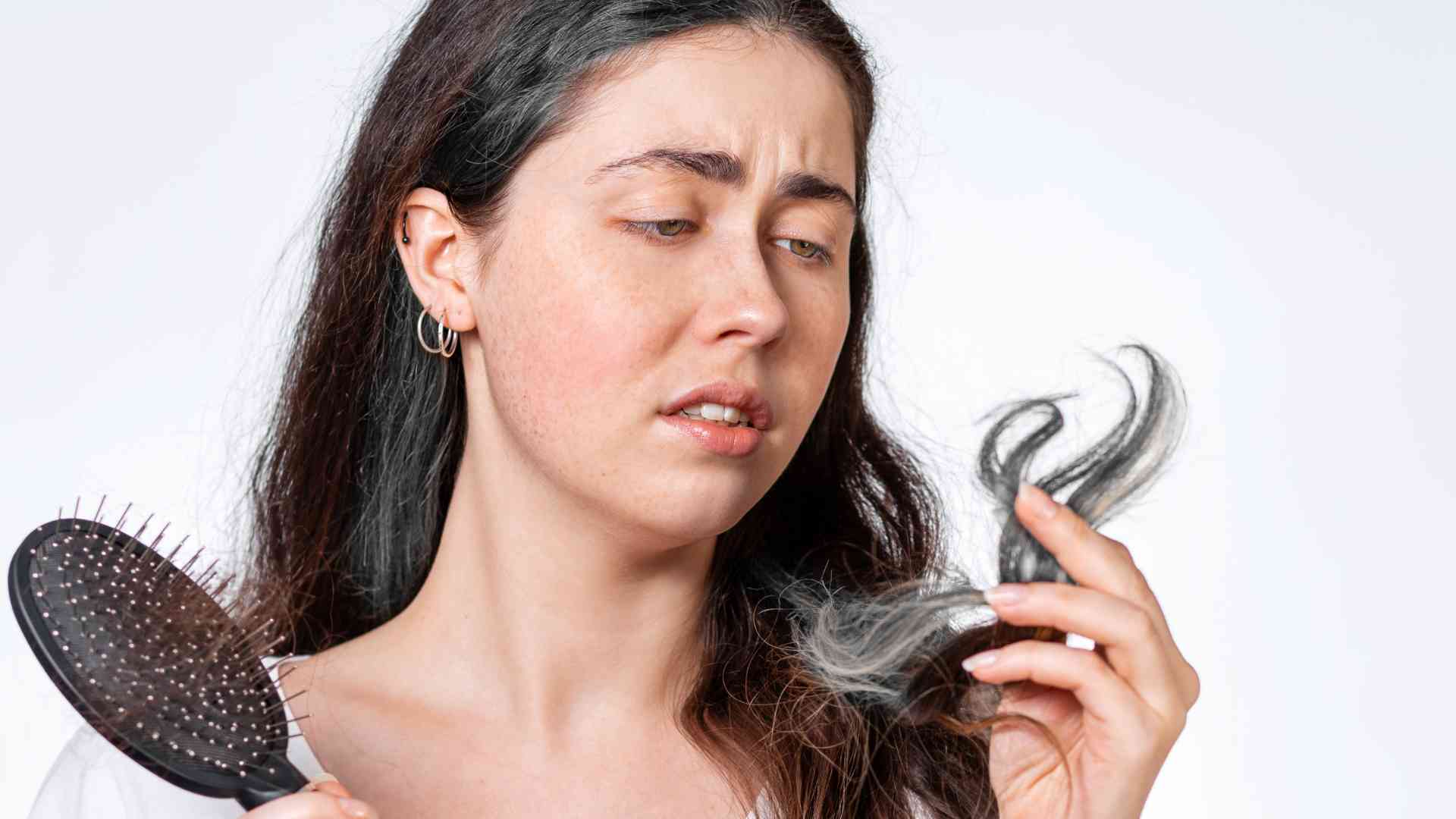Hair Loss Due to Hair Dye: Will It Grow Back for Females? Insights and Solutions
When considering the question of whether hair loss due to hair dye will regrow in females, one must navigate a complex landscape filled with scientific understanding, personal experiences, and psychological perspectives. Hair dye, while a tool for self-expression, can also inflict damage on hair and the scalp, leading to hair loss, which can be particularly distressing for women who often closely associate their hair with their identities. The good news is that many instances of hair loss associated with dying hair are not permanent. In many cases, with appropriate care and time, the hair can grow back. However, the specifics depend on various factors, including the type of dye, the severity of the chemical exposure, and individual hair health.
Understanding Hair Loss and Hair Dye
The Mechanism Behind Hair Loss
Hair loss from hair dye can occur through mechanical damage or chemical exposure. Chemical dyes, particularly those containing harsh ingredients, can weaken the hair's protein structure—keratin, which ultimately can lead to breakage and scalp irritation. While the initial response to hair dye may cause hair loss, this is often temporary. For instance, reputable sources indicate that hair loss due to dye may grow back on its own within a few months, as stated by Crown Clinic.

Types of Hair Dyes: A Double-Edged Sword
Not all hair dyes are created equal. Permanent dyes often have a higher potential for damage due to their chemical composition compared to semi-permanent or natural dyes such as those made from plants. For instance, women using ammonia-free formulas may experience less damage, with a greater chance for regrowth post-treatment. Notably, other factors like the condition of the hair prior to dyeing and the treatment protocols afterward play pivotal roles in determining whether hair loss will be temporary or long-lasting.
Factors Influencing Hair Regrowth
Severity and Type of Hair Loss
The extent of hair loss can often dictate the likelihood of regrowth. Minor damage may manifest as thinning hair, which generally reverses without external intervention. Conversely, severe hair loss, like that seen in cases of chemical burns, might lead to more prolonged recovery times or necessitate medical intervention. According to the Belgravia Centre, whether patches of hair burnt off by dye will regrow relies heavily on the damage level; thus, a nuanced understanding of one's situation is crucial.

Individual Responses to Hair Dye
Every individual reacts differently to hair dye treatments. Genotype, pre-existing scalp conditions, and overall hair health can alter the recovery trajectory significantly. For instance, some women may find that their hair resumes growth quickly after stopping dye use, while others may need to pursue scalp treatments or consult dermatologists to encourage healing and regrowth, as highlighted by the blog on Natural Transplants.
Caring for Hair Post-Dye: Promoting Regrowth
Nutritional and Lifestyle Changes
After experiencing hair loss from dye, attention shifts to healing the scalp and nourishing the hair. A balanced diet rich in vitamins like biotin, iron, and omega-3 fatty acids can contribute to healthy hair growth. Supplements may also be beneficial for those who struggle to maintain the requisite nutrient intake. Additionally, opting for gentle hair-care practices—like avoiding heat styling and using sulfate-free shampoos—can spare strands from further stress.
Psychological Aspects: Embracing Change
The emotional toll of hair loss cannot be overstated, particularly for women who may feel societal pressure concerning beauty linked to hair. This intrinsic connection can magnify feelings of loss and anxiety. Engaging in support communities, whether in person or through platforms like Reddit or social media, can not only provide emotional solace but also empower women to explore alternative beauty standards that celebrate individuality beyond conventional aesthetics.
Conclusion
The interplay between hair dye and hair loss, especially for women, is a multifaceted journey that involves considerations of biology, personal identity, and societal expectations. While temporary hair loss from dye does not have to signify lasting damage, individual circumstances will dictate recovery paths. By approaching hair health holistically—with attention to diet, care routines, and psychological well-being—women can navigate through the complexities of hair dyeing and foster an environment where their hair can flourish once more.




